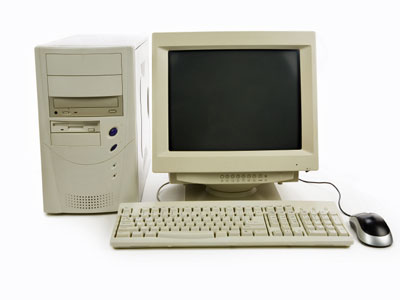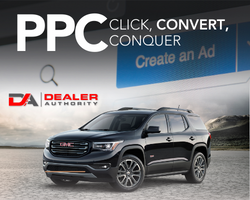 What Type of Dealership Are You – Technology-driven people or People-driven technology?
What Type of Dealership Are You – Technology-driven people or People-driven technology?
It seems as if all dealerships I visit or coach share one of two operational models. They either choose to be Technology-driven people or People-driven technology.
Allow me to explain the two.
Technology-driven people work for those dealerships that have decided to employ the more advanced technologies in their dealerships in a hope that the tools will help make the sales team stronger. This tends to be a top-down philosophy where management makes it a point to cause the culture shift to the progressive and online.
People-driven technology is where the dealership focuses on the utilization of the tools they employ. They don’t bring in the most advanced technologies, but still with those “oldies-but-goodies” platforms that salespeople are comfortable with because the user interface hasn’t changed in years. Dealers anticipate the culture of the store will grow to be more technologically-sound over time as the skills of the employees increase naturally from usability.
Let’s keep this centered on dealership CRMs (though websites can certainly be part of this discussion later). I ask you, do you think that to succeed in the online marketplace, it is better to have cutting edge technology at your store where the employees don’t use many of the functions or is it better to have old-faithful CRM on the desks because the employees know it well and use it to its fullest – even if its fullest isn’t all that great?
I see both sides.
I can admit that technology-assisted people, if the software is set up correctly, should outperform people-assisted technology because the better tools allow for more contemporary contact methods with today’s consumers. Strong technology helps take much of the human error out of the equation. Progressive tools will work for you instead of you working hard to make the technology work. (Yes, you don’t have to remind me that management should reinforce the importance of CRM utilization.)
On the other hand, putting in a progressive, new-age, comprehensive CRM or desking software can sometimes be an albatross around the neck of your sales team and destines them to fail. Before you consider switching from an old system to a new, shiny object, ask yourself if the sales team is maximizing the technology they already have. If not, you could likely be in for more of the same (but with a much higher cost for the new tools).
Feeling like you need the “latest and greatest” to be successful is a common pitfall that affects sales team morale and your budget, if you don’t train your staff on the importance of the technology.
The technology you employ in your store – New or Old – Futuristic or Dated – should assist with both accountability AND management (if used correctly).
Your dealership is your livelihood and the tools AND training you give your team will determine their success and their paycheck. A soldier doesn’t go into battle without first knowing the intricacies of their weapons. A sales team is no different. They must learn those tools or management must make it a requirement to do so.
Let me know your opinion. Do you think, in today’s world, a dealer can afford to live without the best tools available?
Or is it better to focus on improving how you use what you have and go without some of the new and improved functionality and power?








